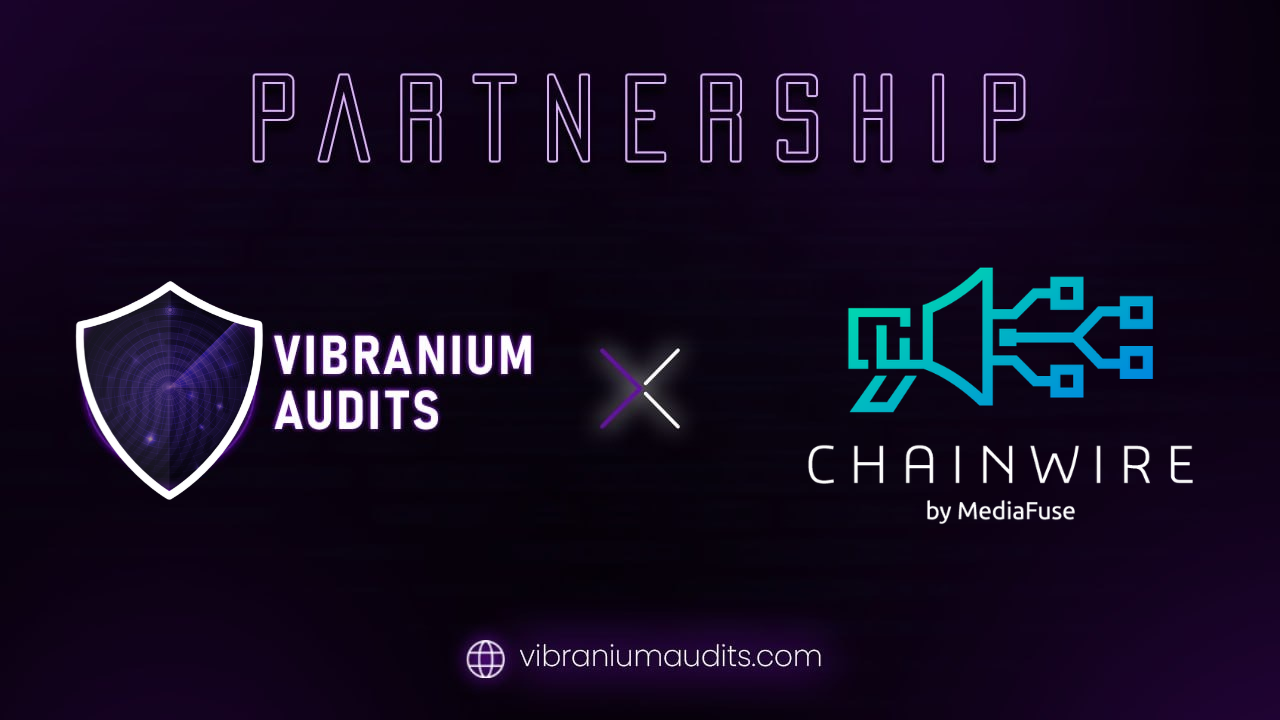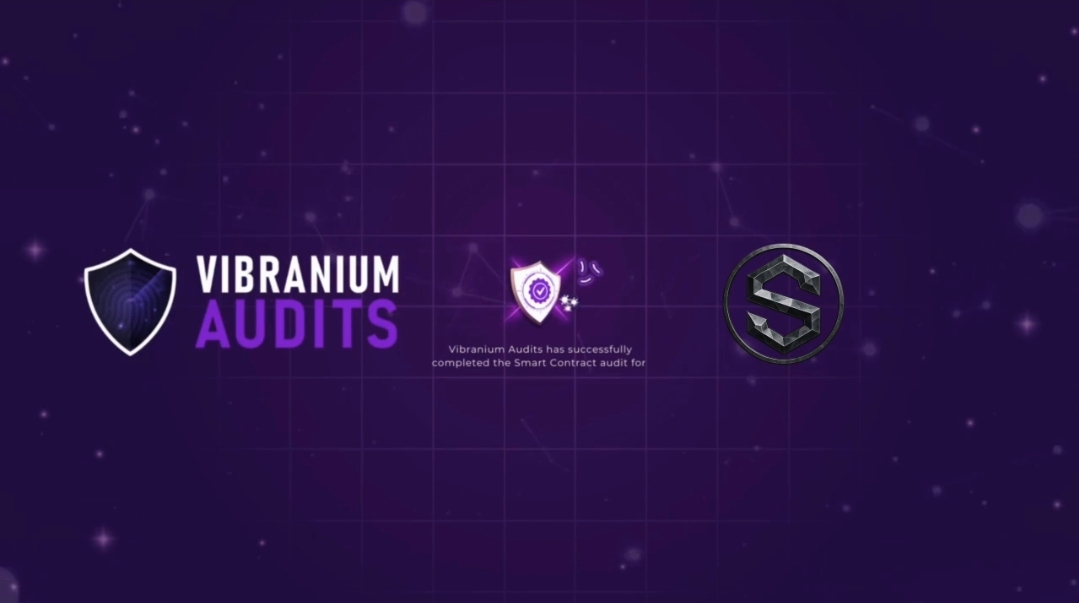Mastering Solana Smart Contract Development: A Comprehensive Guide
Smart contracts are revolutionizing the blockchain landscape, offering decentralized solutions across various industries. While Ethereum has traditionally been the go-to platform for smart contract development, Solana has emerged as a promising alternative, boasting high performance and scalability. In this comprehensive guide, we'll explore the intricacies of developing and auditing smart contracts on the Solana blockchain.
Understanding Solana: A High-Performance Blockchain
Solana is a high-performance blockchain platform designed to address scalability issues prevalent in existing networks. With its Proof of History consensus mechanism, Solana can process over 50,000 transactions per second, making it a top choice for developers. Its architecture prioritizes efficiency and throughput, making it ideal for decentralized applications (dApps) and smart contracts.
Architecture of Solana Smart Contracts
Solana smart contracts, known as programs, follow a unique architecture compared to traditional EVM-based blockchains. They embrace a stateless model, separating program logic from data storage. This architecture enhances efficiency and scalability while ensuring logical isolation of contract code from state. External accounts interact with Solana programs for data storage, fostering a streamlined development process.
Workflow of Smart Contracts on Solana
The development workflow for Solana smart contracts involves creating programs with languages like C, C++, and Rust. Developers utilize frameworks like Anchor and Solana SDK to streamline the development process. The collaboration between the program and client sections facilitates interactions between decentralized apps and deployed programs, updating the state of the Solana blockchain seamlessly.
Why Choose Solana for Smart Contract Development?
Solana offers numerous advantages over traditional blockchain platforms, including cost-effective development and faster transaction speeds. With lower fees and improved throughput, Solana competes favorably with centralized payment processors. Its robust developer community and extensive tooling ecosystem further enhance the smart contract development experience.
Development Tools in Solana
The Solana ecosystem boasts a plethora of tools and resources to support smart contract development. From Solana Explorer for blockchain exploration to Solana CLI for command-line interactions, developers have access to a comprehensive toolkit. Frameworks like Anchor provide high-level abstractions for simplified smart contract development in Rust, catering to developers of all skill levels.
The Solana Smart Contract Development Process
The process of developing smart contracts on Solana involves setting up the development environment, creating the smart contract code, auditing, and deployment. Developers leverage tools like Solana CLI and Rust compiler to write and compile smart contract code. Comprehensive testing and auditing ensure code quality and security before deployment on the Solana blockchain.
Interacting with Solana Smart Contracts
Interacting with Solana smart contracts is facilitated through libraries, tools, and web3 providers. Developers can use Solana CLI commands, SDKs, or web3.js for seamless interactions with deployed contracts. The versatility of interaction methods ensures flexibility and accessibility for developers and users alike.
Conclusion: Embrace the Future of Smart Contracts with Solana
Solana smart contract development opens doors to a future of decentralized innovation. With its high performance, scalability, and developer-friendly ecosystem, Solana empowers developers to build robust and efficient decentralized applications. Whether you're a seasoned developer or a blockchain enthusiast, Solana offers endless possibilities for creating the next generation of decentralized solutions. Start your journey into Solana smart contract development today and be a part of the web3 revolution!
FAQs (Frequently Asked Questions)
1. What is Solana Smart Contract Development?Solana smart contract development involves creating decentralized applications (dApps) and smart contracts on the Solana blockchain. It leverages Solana's high-performance architecture to build scalable and efficient solutions for various use cases.
2. What Programming Languages are Used in Solana Smart Contract Development?Solana supports programming languages like C, C++, and Rust for smart contract development. Developers can choose the language that best suits their project requirements and familiarity.
3. How Does Solana Compare to Other Blockchain Platforms for Smart Contract Development?Solana distinguishes itself from other blockchain platforms with its high throughput and low transaction fees. Compared to Ethereum, Solana offers faster transaction processing, making it an attractive choice for developers seeking scalability.
4. What Tools are Available for Solana Smart Contract Development?Solana provides a range of development tools, including Solana CLI, Anchor framework, Solana Explorer, and Solana Studio. These tools streamline the development process and offer essential functionalities for building and deploying smart contracts.
5. Is Solana Smart Contract Development Suitable for Beginners?Yes, Solana smart contract development is accessible to beginners, thanks to its comprehensive documentation, developer community support, and user-friendly tools like Anchor. Beginners can start with basic tutorials and gradually explore more advanced concepts.
6. How Can I Ensure the Security of Solana Smart Contracts?Ensuring the security of Solana smart contracts involves thorough testing, code review, and auditing. Developers should follow best practices for smart contract security and consider engaging with reputable audit firms to identify and mitigate potential vulnerabilities.










